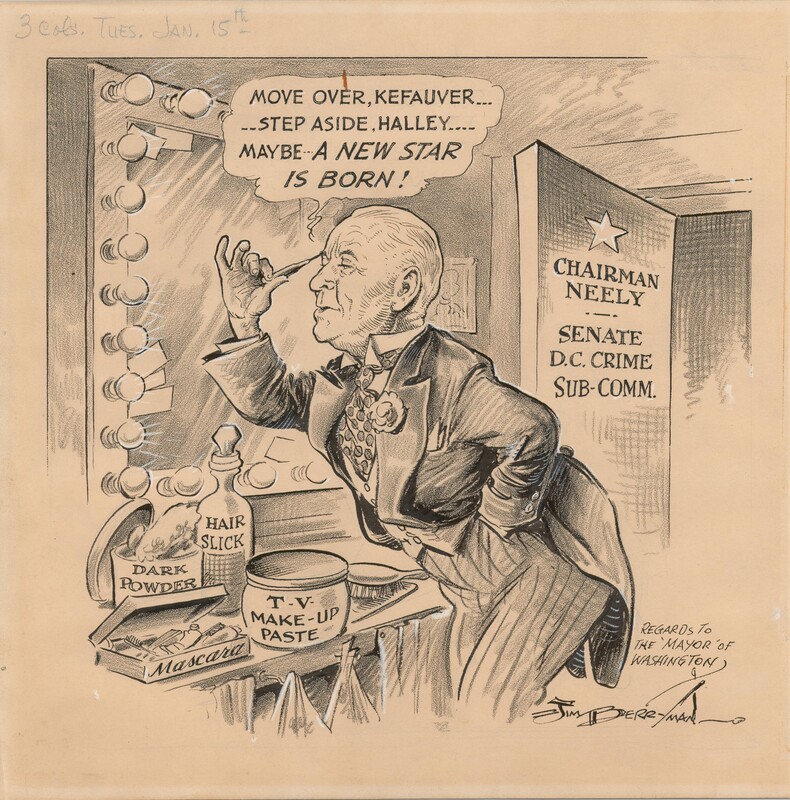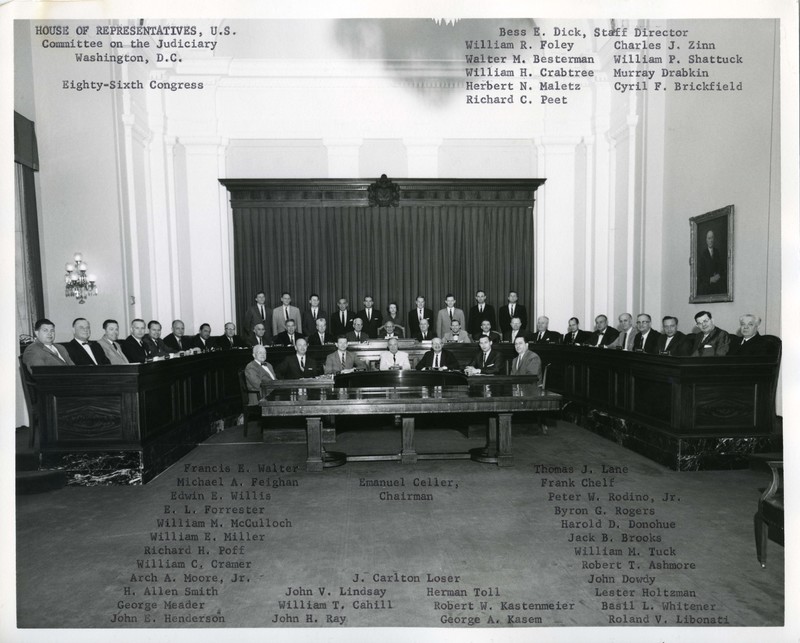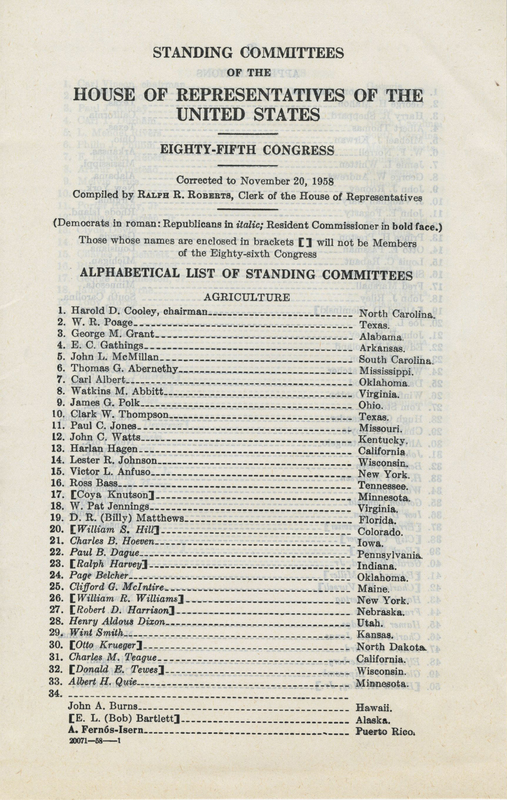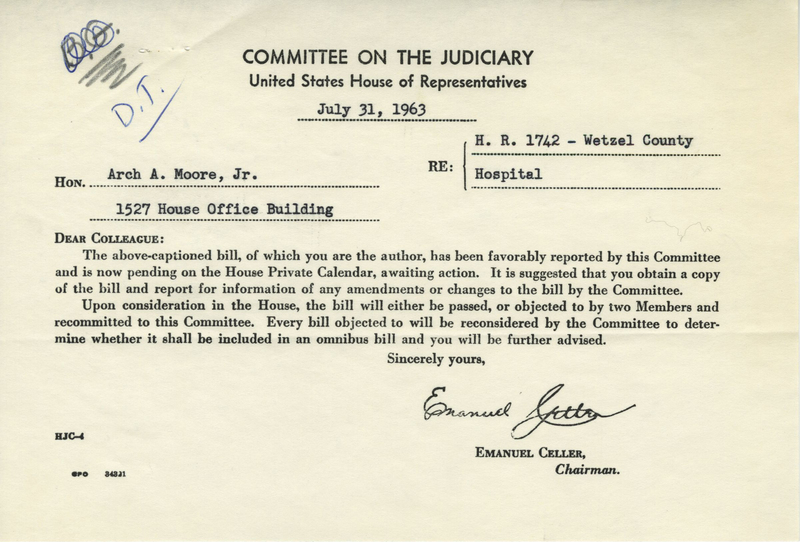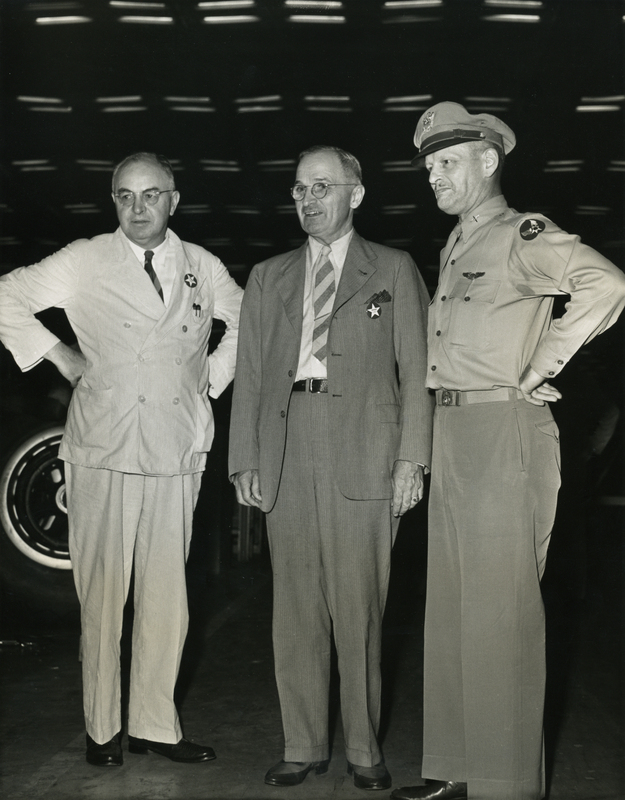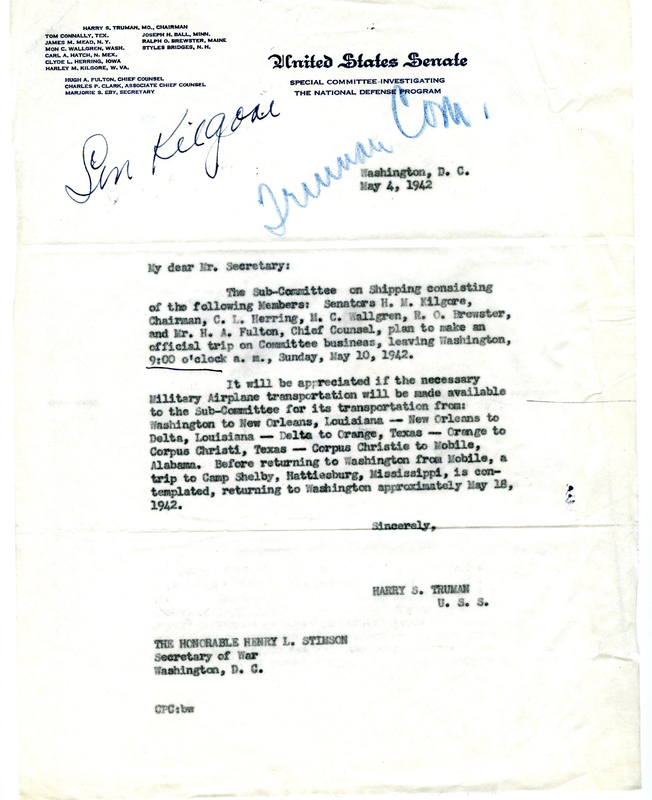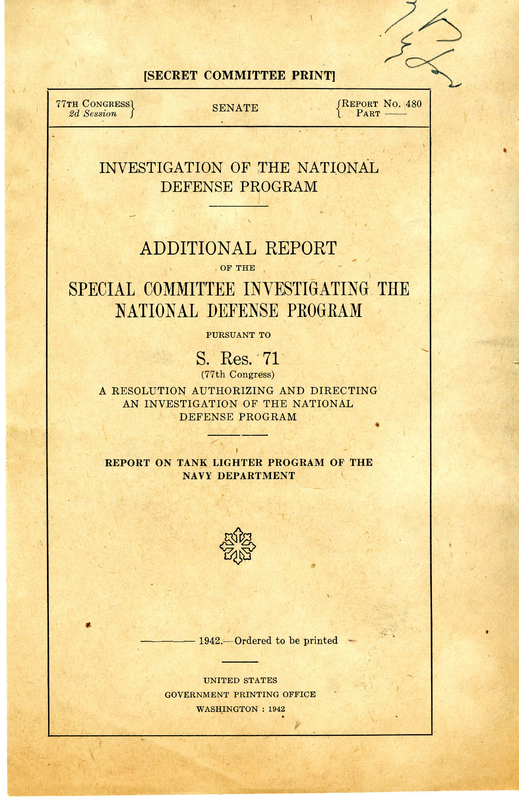Committees
From the early 1900s through the 1960s, the committee process was a defining feature of Congress. Committee chairmen wielded significant power, so much so that they were sometimes described as barons. Committees conducted most of their work in secret, and the most influential committees were those that dealt with funding - the Finance and Appropriations Committees in the Senate, and the Ways and Means and Appropriations Committees in the House.
Legislative negotiations were dominated by policy communities composed of committee chairs, representatives from the executive branch and agencies, powerful interest groups and their lobbyists, and policy experts.
American society underwent dramatic changes during the early to mid-twentieth century, suffering through the Great Depression, two world wars, and cultural and social upheavals. Although the committee process was slow, Congress responded by passing some of the most expansive federal programs in American history and participated in the growth of the federal government.
Congress responded to the Great Depression with New Deal programs. Following the World Wars, Congress passed legislation investing in science and civil defense. Major civil rights legislation followed, overturning discriminatory practices against African Americans. And with President Lyndon Johnson's Great Society, Congress attempted to address problems with poverty, the environment, and health care.
Congressional reforms eventually reduced the power of committee chairmen, provided for the discharge of bills from committees that failed to report them, assigned staff to all committee members, and threatened uncooperative chairmen with removal by the majority vote of the majority caucus. "Sunshine" rules required all committee hearings, including markup sessions, to be open to the public.
Standing committees are permanent panels established by the standing rules of the Senate or House. These committees specialize in considering legislation of particular subject areas. There are currently 16 standing committees in the Senate and 20 in the House.
Special, or select, committees are formed to address a specific bill or to investigate anything that is related to the development of public policy. Congressional investigations may provide oversight of the executive or judicial branches, but they have also looked at issues such as Wall Street banking prices, organized crime, and more. In the 1940s, Congress prepared for America’s entry into World War II by appropriating $10 billion in defense contracts. Senator Harry Truman heard stories about contractor mismanagement and conceived of a special Senate Committee to Investigate the National Defense Program. It was one of the most productive investigating committees in history and saved millions of dollars. Senator Harley Kilgore (D-WV) served on the committee, heading up numerous investigations of the scientific and organizational weaknesses in the war effort.

